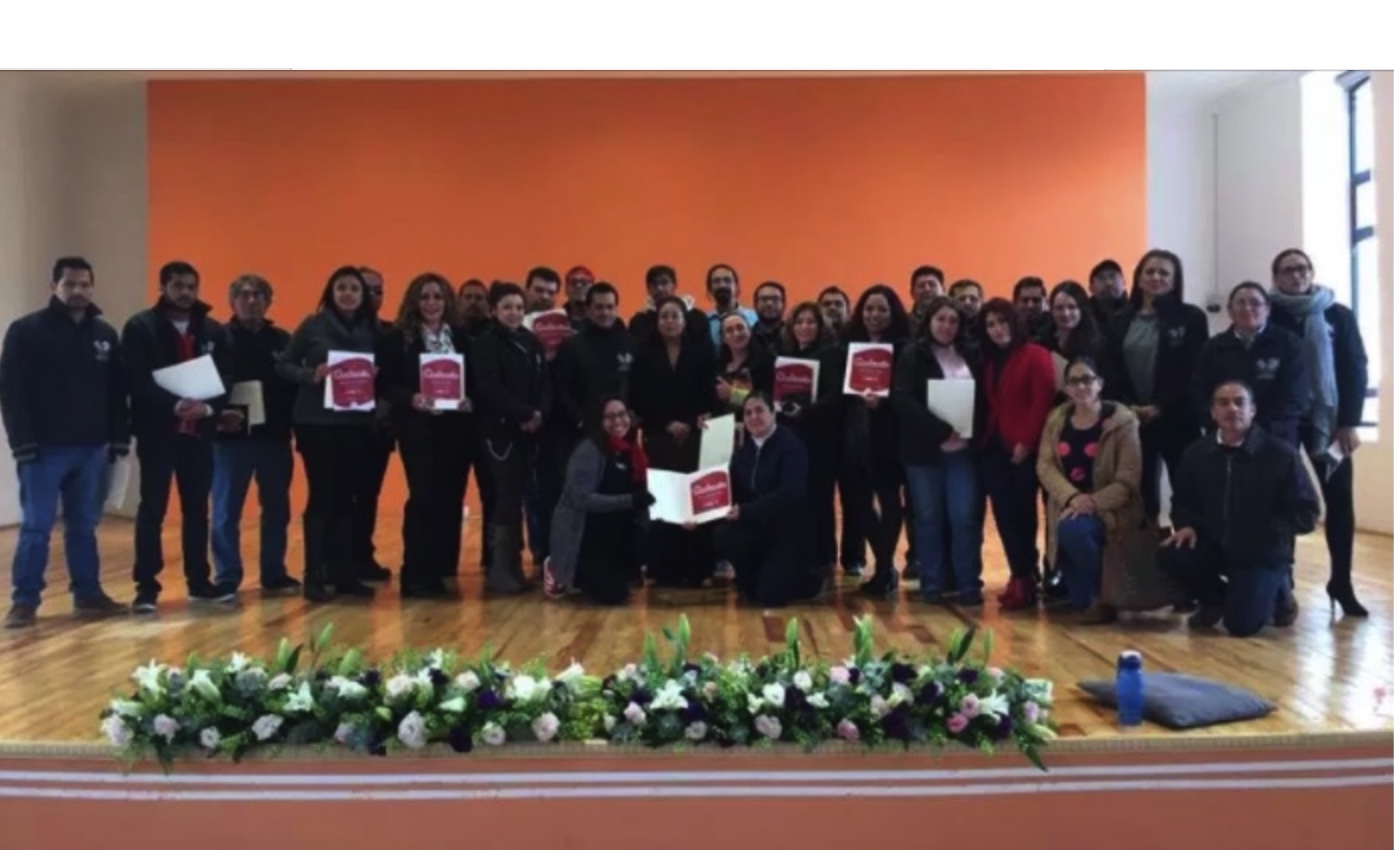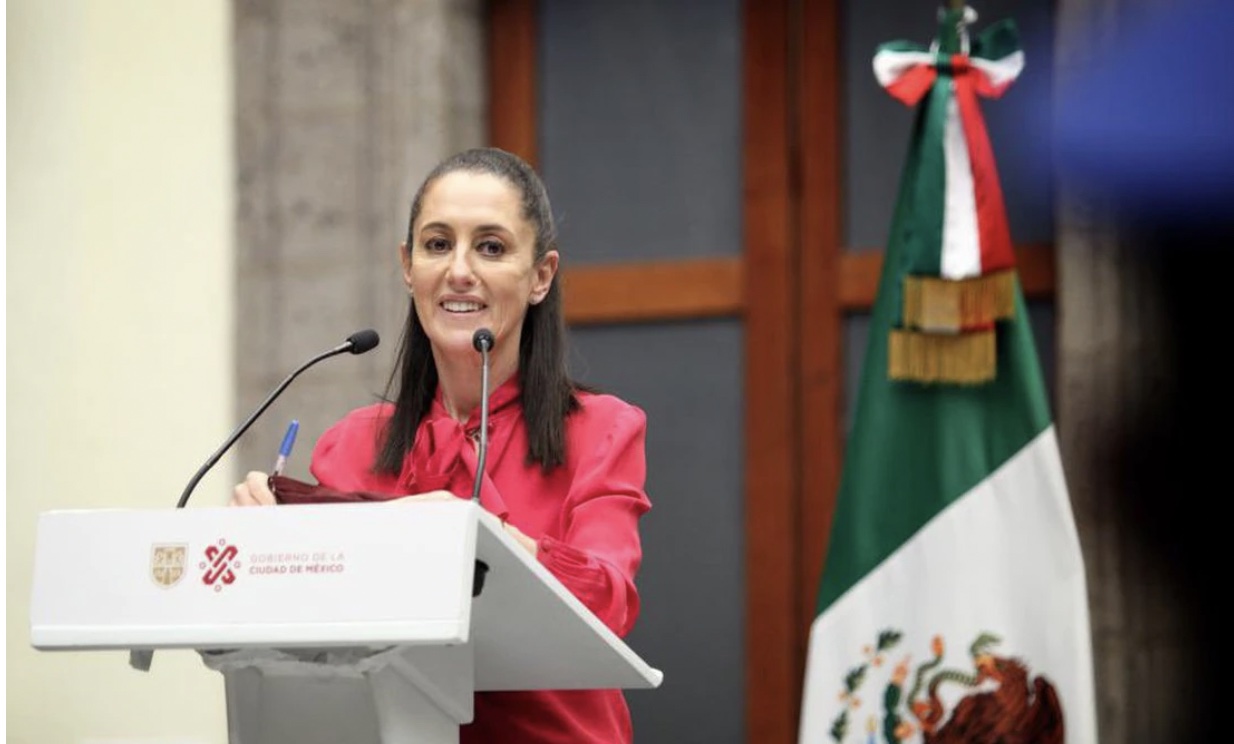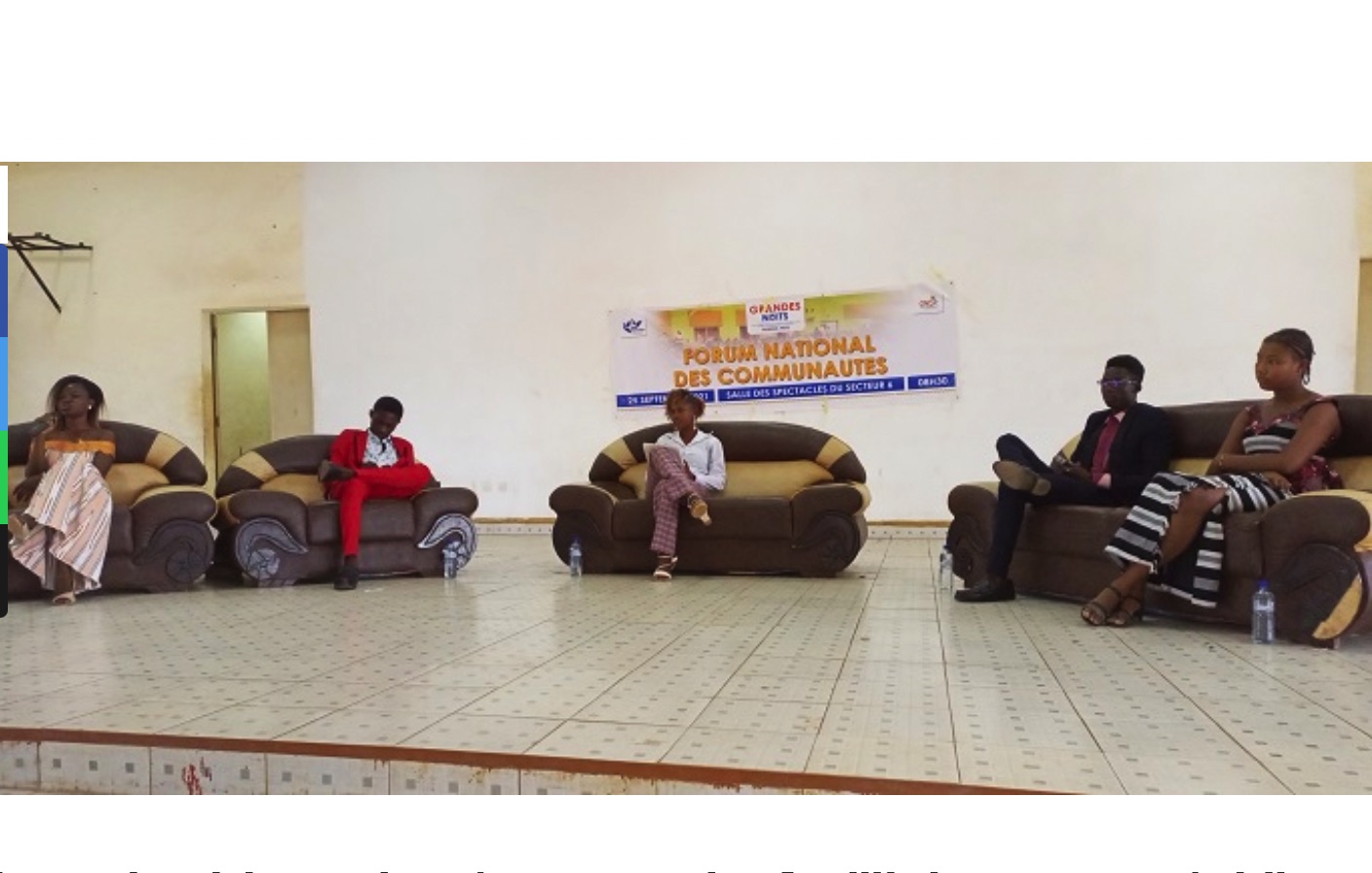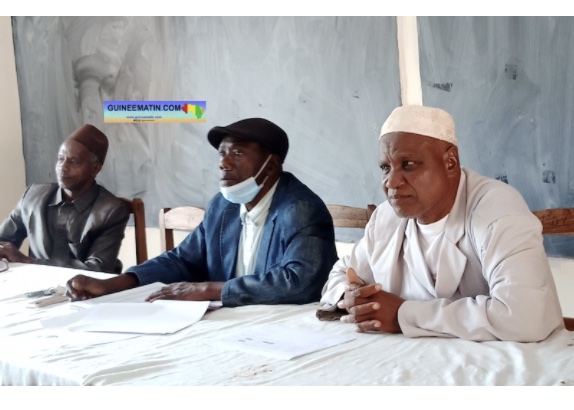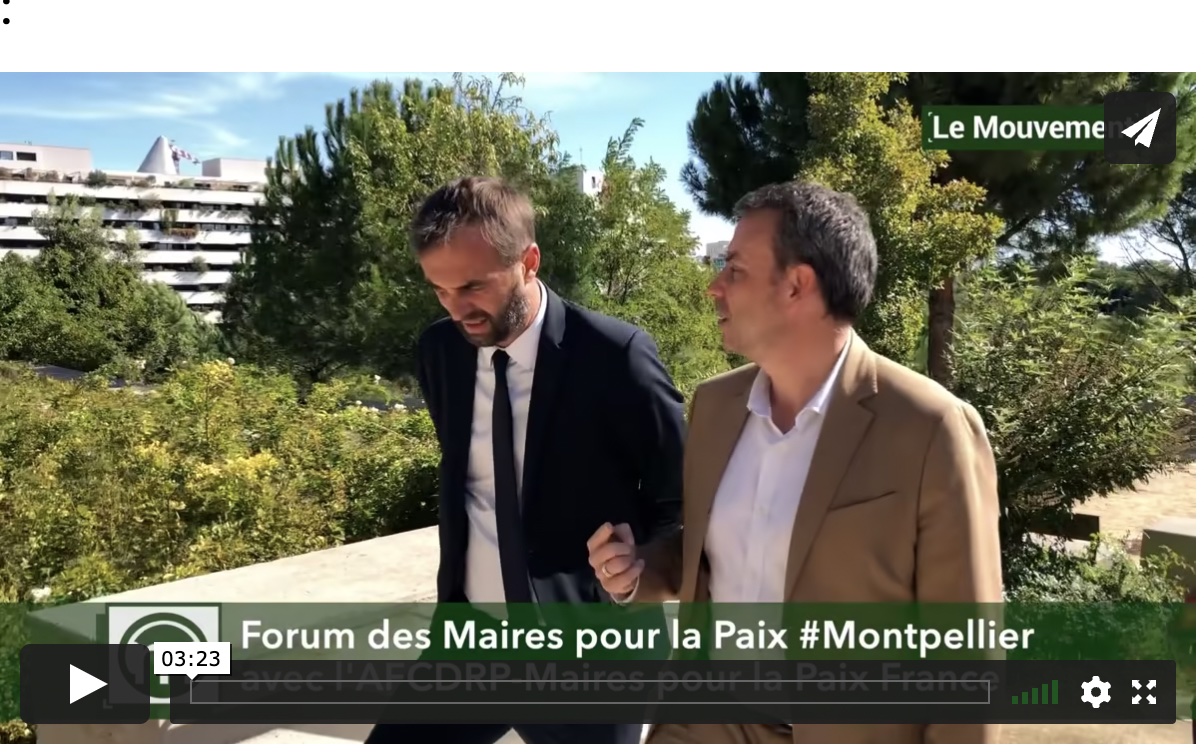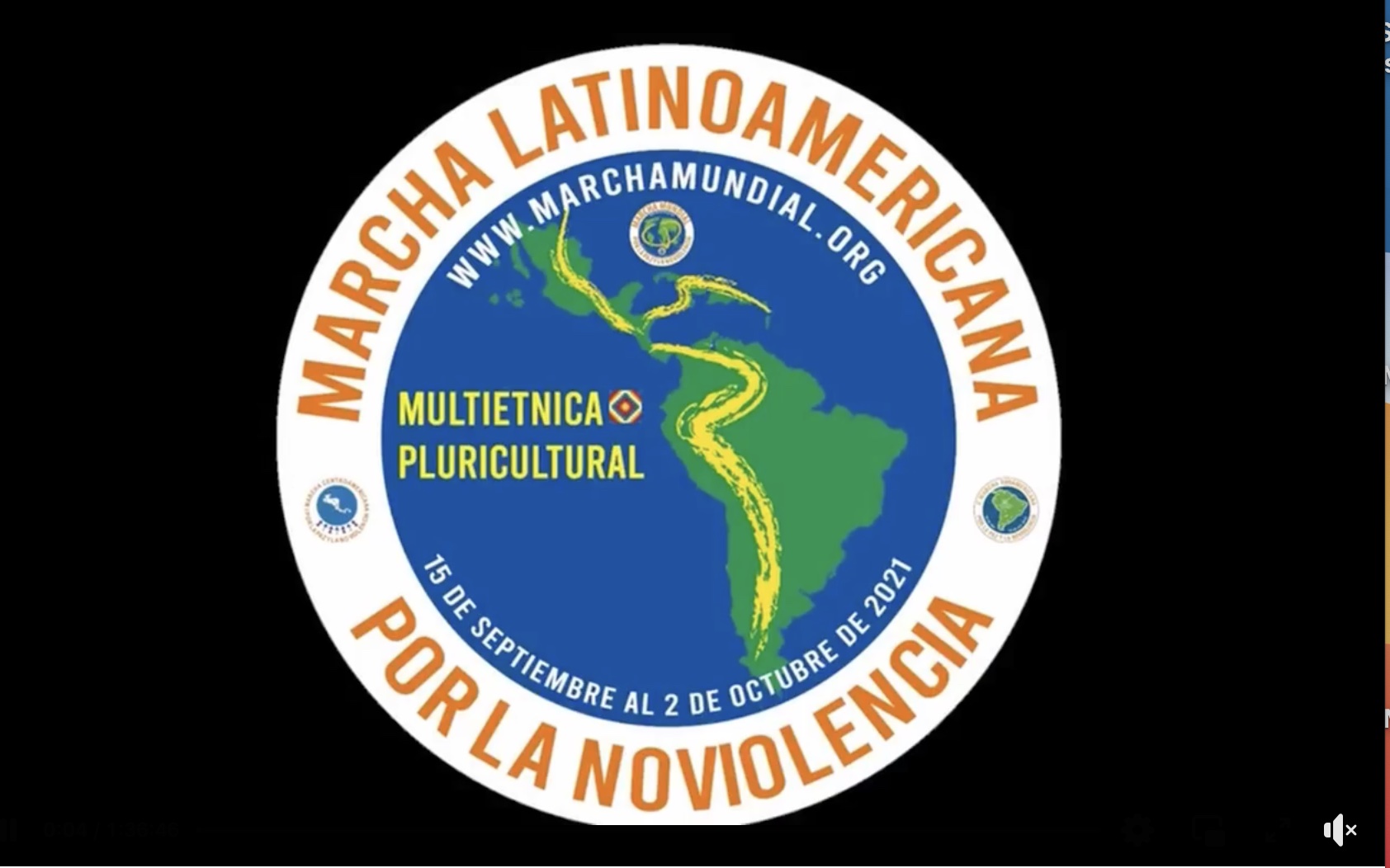TOLERANCE & SOLIDARITY .
An article from Leadership Nigeria
Senate president Ahmed Lawan and Interfaith Dialogue Forum for Peace have said religious tolerance is a veritable tool for peaceful co-existence in a plural religious society like Nigeria.
They made the assertion yesterday in Abuja at the Interfaith Roundtable with the theme: “Building a culture of peace and unity in our country,” which was organised by the Methodist Church of Nigeria.

Senator Lawan who was represented by the Senate minority whip, Senator Philip Aduda, said the quest for peace and unity should be the responsibility of all citizens of the country because peace is a process that requires patience, understanding and tolerance to achieve.
He said, “By achieving this, it needs people of different faiths and it is also possible because we have come a long way and the efforts of our founding fathers have been rewarding enough for us to build upon as leaders.
(continued in right column)
How can different faiths work together for understanding and harmony?
(continued from left column).
“We have again been instinctively in emphasising the importance of peace and the benefits of unity was great.”
Similarly, the president, Vision Africa and co-chair Interfaith Dialogue Forum for Peace, Bishop Sunday Onuoha, said that there is a lack of tolerance among different religions.
He said this is the reason for the violent outbursts and hostility towards other beliefs and the manner they choose to practice or express their religious cravings.
According to him, intolerance towards people of different beliefs, because of blind and fixed psychological delusion that one is pure and the other is an error has resulted to various intra religious disturbances.
Bishop Onuoha said another problem bedevilling the country was the ‘state of origin’ which he said if abolished would stop hatred, disunity, and agitations among people of different geopolitical zones.
He added that, “If we want to build one country, the state of origin should be removed from the bio-data.”
In his welcome address, the Bishop of the Methodist Church of Nigeria, His Eminence, Dr Samuel Chukwuemeka said the essence of organising the event is for the Muslims and Christians to be able to express their feelings.
Chukwuemeka said what is happening today is as a result of ignorance because people interpret religion differently.
The emir of Bichi, Alhaji Nasir Ado Bayaro, said social interaction would help “our people to build trust, harmony and embrace tolerance across all the religions.”


